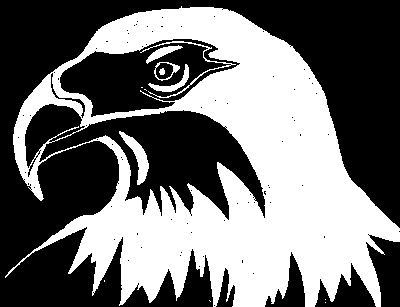All Nonfiction
- Bullying
- Books
- Academic
- Author Interviews
- Celebrity interviews
- College Articles
- College Essays
- Educator of the Year
- Heroes
- Interviews
- Memoir
- Personal Experience
- Sports
- Travel & Culture
All Opinions
- Bullying
- Current Events / Politics
- Discrimination
- Drugs / Alcohol / Smoking
- Entertainment / Celebrities
- Environment
- Love / Relationships
- Movies / Music / TV
- Pop Culture / Trends
- School / College
- Social Issues / Civics
- Spirituality / Religion
- Sports / Hobbies
All Hot Topics
- Bullying
- Community Service
- Environment
- Health
- Letters to the Editor
- Pride & Prejudice
- What Matters
- Back
Summer Guide
- Program Links
- Program Reviews
- Back
College Guide
- College Links
- College Reviews
- College Essays
- College Articles
- Back
Freedom Throughout the World MAG
My grandfather, Alan P., was born February 13, 1925. Heresided in Sedalia, Missouri until the age of 19 when he was drafted into the AirForce for World War II. Fear settled in his mind before he left for basictraining. Already apprehensive about the trials of war, he and other recruits hadto struggle through several weeks of grueling physical activity. He was then sentto South Dakota and California for radio, gunnery and flight training. During thewar, Alan flew 25 missions, including the first bombing of Berlin.
Aftertraining, the Air Force flew Alan to Boston, where he crossed the Atlantic on anocean cruiser. He was stationed on an air base near London and his barracks werebetter than most, with decent food. By the end of his first day there, he wasastonished to see six veterans with broken legs. He was told they had been shotdown and had to bail out from their planes. Already scared of battle, this firstimpression planted even more questions in his mind.
After several weeks inEngland, Alan became accustomed to his unusual life. A normal bombing routineconsisted of an early morning breakfast, where the veteran pilots got the firstidea of their assignment. A breakfast of bacon, eggs and waffles usually meantsome of the planes might not come back. The B-24 would fly at 20,000 feet,avoiding as much flak as possible. When on missions, Alan operated the radio,which meant communicating information - including damage to the plane andformation movements - back to the ground. Most flights were successful, butoccasionally enemy fighters made life a little more hazardous.
War keptthe pilots anxious. To relieve tension, they would play baseball and other gamesin their free time. Sometimes Hollywood stars came to the bases to boost morale.Media coverage of the war was thorough, showing many upsetting images to Americawhile supporting the Allies. This gave Americans hope, while still displayingsome of the barbaric truths of war.
When the war in Europe ended, mygrandfather stayed overseas for a while. To be discharged or released from theAir Force, you must fly a certain amount of missions, and he needed to complete afew more before coming home.
When he returned from the war everyonewas very friendly, and when the war ended in Japan, celebration ran into thestreets all over the States. After the war, my grandfather got a job with awelding company and then with Missouri Public Works. The horror and distress ofwar, and never knowing what would happen, affected him greatly. He said,"The war wasn't a positive experience for anyone, but it was something thathad to be done to save freedom throughout the world."


0 articles 0 photos 12292 comments